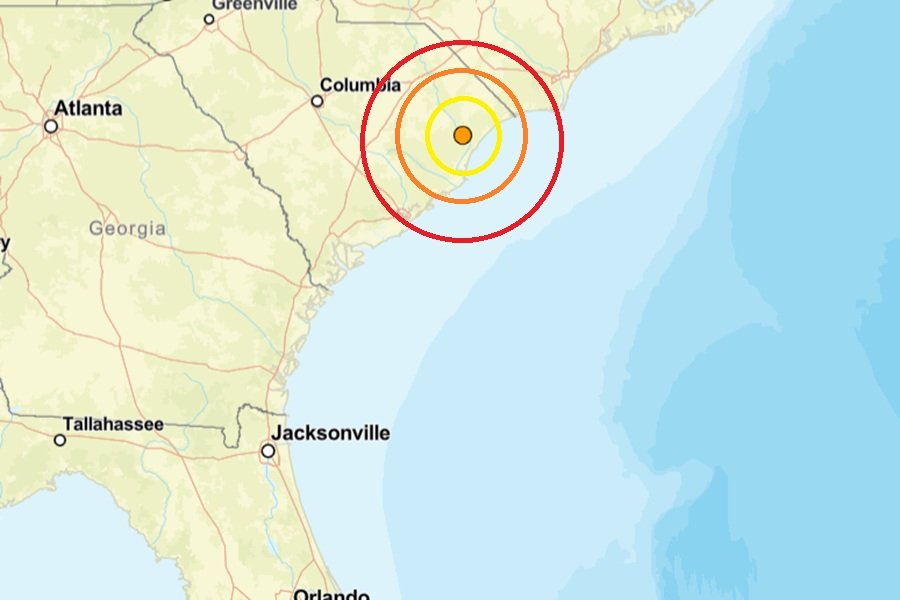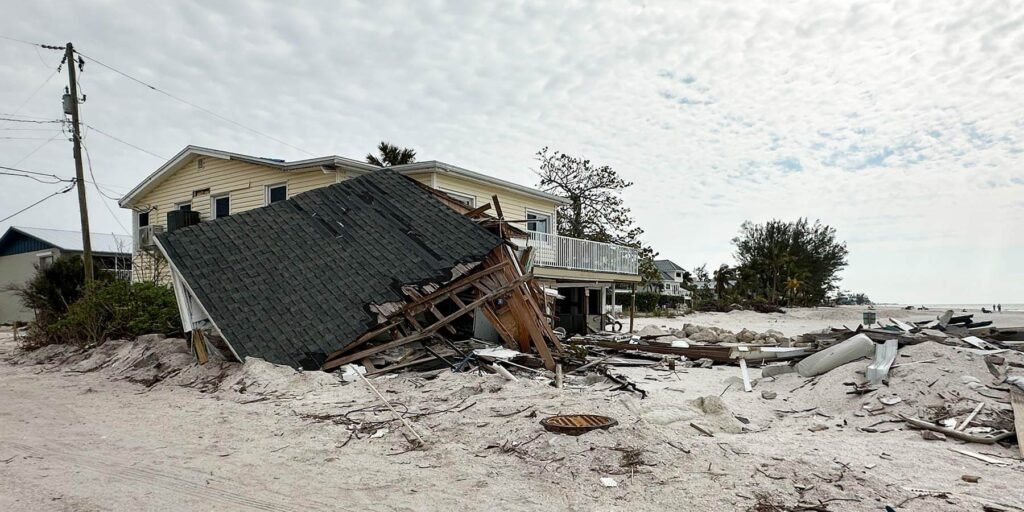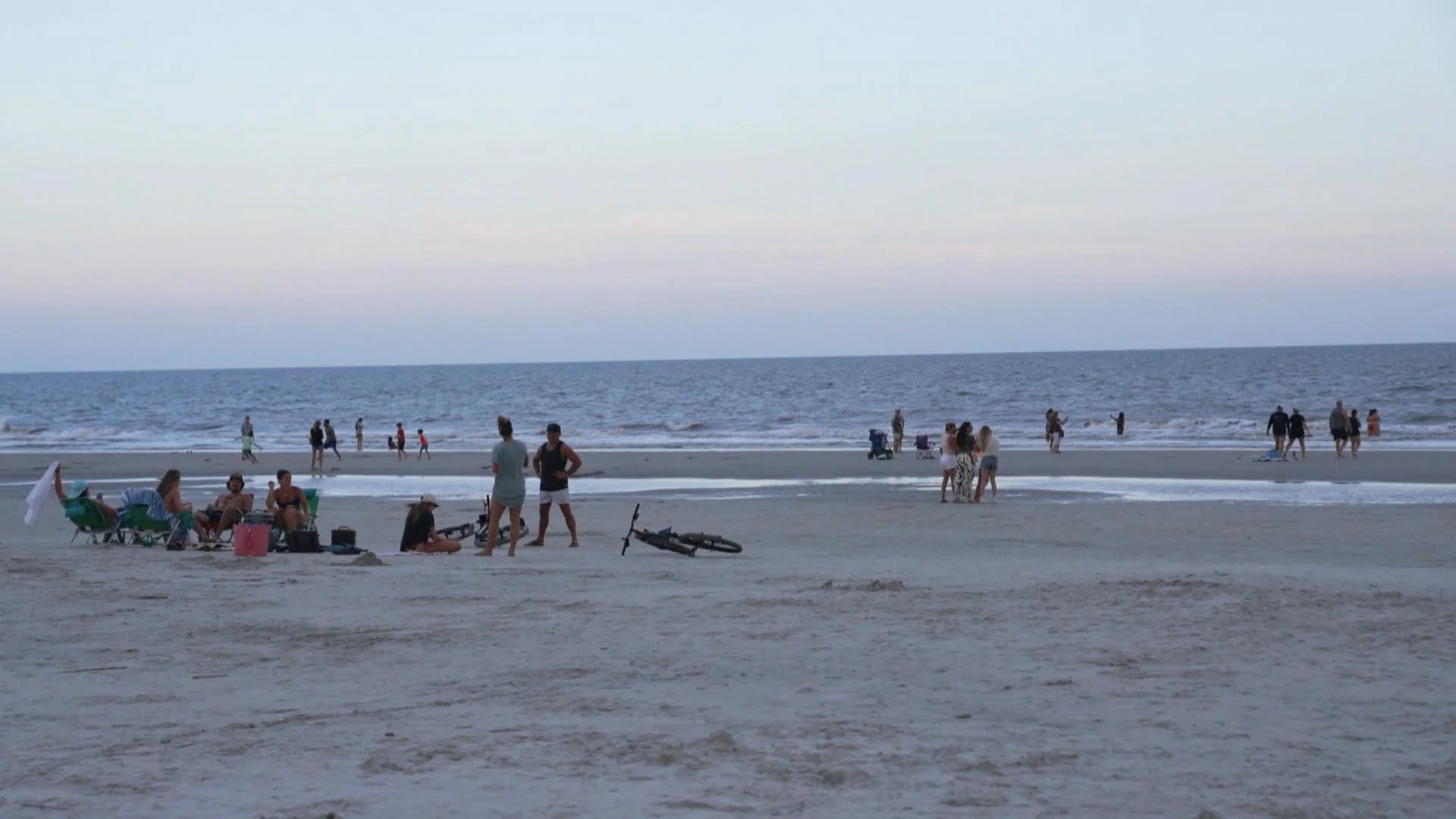SOUTH CAROLINA
— Health officials have confirmed a rare case of a
brain-eating amoeba
in a South Carolina resident who had recently been swimming in a local river, sparking concern about
freshwater safety
during peak summer months.
The amoeba,
Naegleria fowleri
, is an extremely rare but deadly organism that thrives in
warm, untreated freshwater
like rivers, lakes, ponds, and hot springs. The infection, known as
primary amebic meningoencephalitis (PAM)
, occurs when water contaminated with the amoeba enters the body through the nose — typically while swimming or diving.
What We Know About the Case
According to the
South Carolina Department of Health
, the patient had been swimming in warm water, likely in early July, when the amoeba entered through the nose and traveled to the brain. The department has not disclosed the specific location or identity of the individual but confirmed the diagnosis.
Infections with
Naegleria fowleri
are
extremely rare
, with only about
eight cases reported annually
in the United States. However, they are often fatal, and
South Carolina has reported just a handful of cases
in over a decade.
The recent case has brought renewed attention to waterborne risks in
Southern states
, especially as rising temperatures extend the amoeba’s reach.
As highlighted by the
Times of India report
, the amoeba thrives in water temperatures ranging from
70°F to 115°F
, conditions frequently present in the South during summer months.
What Is Naegleria Fowleri?
Naegleria fowleri
is a single-celled organism that lives in
warm freshwater and soil
, not saltwater. It becomes dangerous when it
enters the nasal passages
, often through forceful water contact such as diving or splashing.
Once inside, it travels along the olfactory nerve to the brain and begins to destroy brain tissue. Symptoms can appear within 1–12 days and may include:
-
Headache
-
Fever
-
Nausea or vomiting
-
Stiff neck
-
Confusion or hallucinations
The infection progresses rapidly and is often fatal within a week. Early diagnosis and treatment are critical, though survival is rare.
How to Protect Yourself
While the risk is minimal, residents and visitors should take
precautions
when swimming in warm freshwater during summer, especially in the South:
-
Avoid getting water up your nose
— Use nose clips or keep your head above water. -
Don’t dive or jump headfirst
into warm freshwater. -
Avoid stirring up sediment
in shallow areas. -
Use only boiled or filtered water for nasal rinses
like neti pots. -
Swim in properly chlorinated pools
instead of untreated lakes or rivers.
These steps don’t eliminate risk entirely but can
greatly reduce
the chances of infection.
Final Word from Officials
Health authorities are urging the public not to panic, emphasizing that
Naegleria fowleri
infections are rare. However,
increased awareness and simple precautions
can go a long way in preventing future tragedies — especially during warm, low-water months when the amoeba is most active.
Have you taken any steps to protect your family during outdoor water activities this summer? Let us know your tips or concerns at
SaludaStandard-Sentinel.com
.












